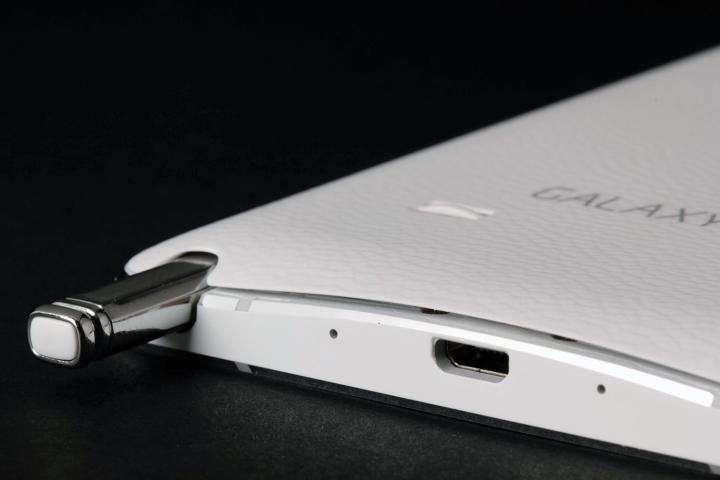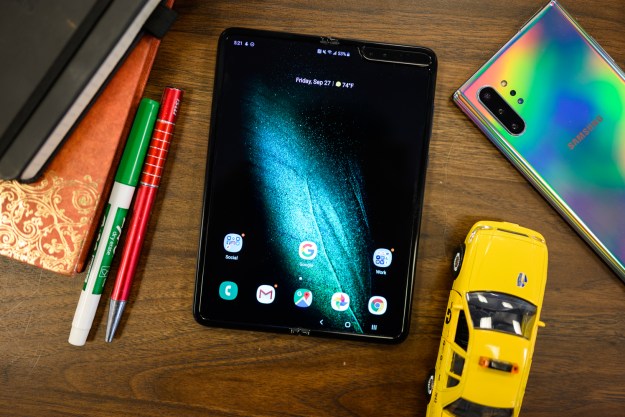
Feel like your Galaxy phone or iPhone has been slowing down? You’re not alone in your suspicions — Italy fined Apple and Samsung on Wednesday, October 24 for slowing down older phones with software updates.
Italy’s antitrust agency handed both Apple and Samsung fines of 5 million euros ($5.7 million) each for intentionally slowing down handsets with software updates. Apple was fined a further 5 million euros (for a total of $11.4 million) for also failing to inform customers on how to maintain and replace an iPhone battery.
The investigation and subsequent fine came about following the actions of various Italian consumer groups, who complained that software updates were intentionally slowing older hardware down, and pushing customers into buying new phones. This practice, known as planned obsolescence, is obviously viewed with anger by most consumers, and steps have been taken in some countries to make it illegal.
The additional fine for batteries makes the reasoning behind Apple’s fine crystal clear. Apple was forced to admit in early 2018 that it was intentionally slowing down older iPhones. Apple’s reasoning behind the slowdown was actually pretty solid, and despite the bad overtones, it maintained that its intentions were good. According to Apple, older batteries were unable to cope with the strain of maximum processing power, so older iPhones with correspondingly older batteries were throttled to protect against sudden shutdowns.
Apple apologized for the action, added an option to turn the throttling off in iOS 11.3, and offered cut-price battery replacements for a host of older iPhone models. But it wasn’t enough to keep the governmental wolves from the door, and following sustained customer outrage, consumer watchdogs began to investigate the Cupertino, California company. What we see today appears to be the result of an investigation into that same scandal.
Samsung’s fine, on the other hand, was linked to the Galaxy Note 4. According to customer complaints, Samsung pushed out a 2016 update that had not been optimized for the Galaxy Note 4. As a result of the update, owners complained their performance was significantly impacted. The investigation noted the update put too much stress on the Note 4’s older hardware, and caused various malfunctions, including unwanted restarts. This appears to be similar to the effects that Apple were intending to avoid with its own throttling.
Editors' Recommendations
- The top 7 bestselling phones of 2023 were all … you guessed it
- iPhone Flip: what we know about Apple’s first foldable phone
- I’m a lifelong iPhone user. Here’s what I think about the Samsung Galaxy S24
- Look who just replaced Samsung as king of the global smartphone market
- The Samsung Galaxy S24 Ultra may steal this iPhone 15 camera feature


